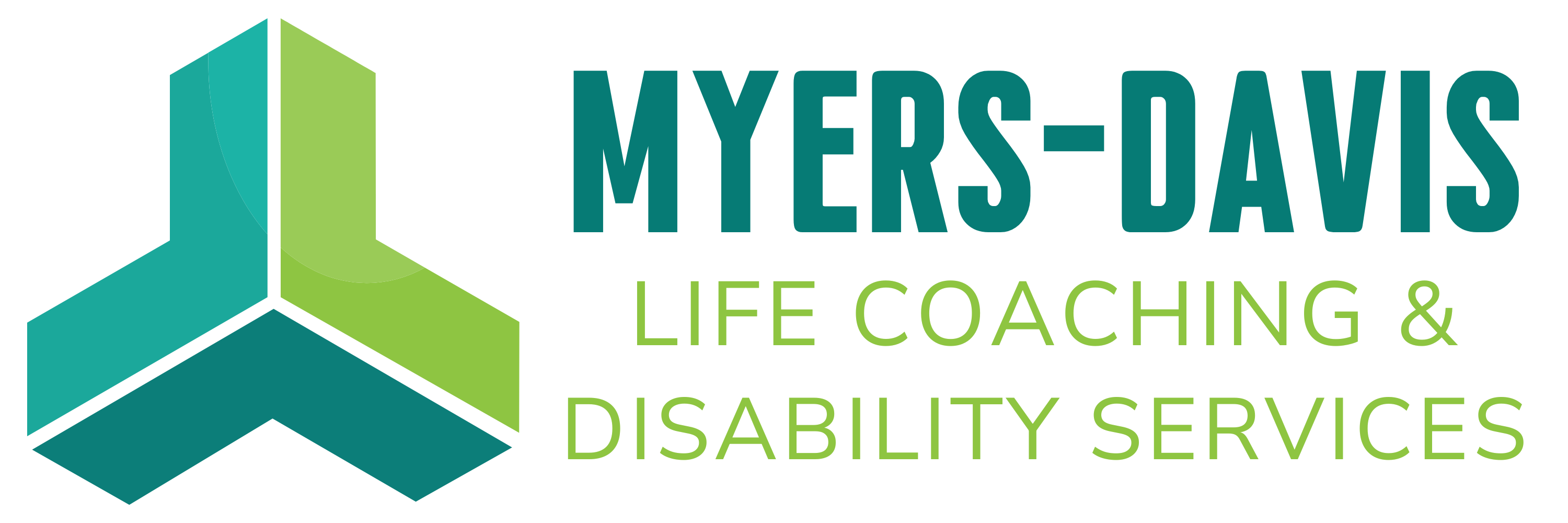Finances are a part of life and something that cannot be pushed to the side without serious consequences. The fact that you should spend less money than is coming in is obvious. However, this is easier said than done. So, what happens when you have tons of bills and not enough money to pay them?
Budget – This is probably what should be done prior to getting stuck with too many bills, but nevertheless, you should get your budget laid out. Figure out what you must spend to survive and then see what money you have left over for the non-essentials in life. Also, consider what you would like to put back into savings. Savings are essential for special occasions and vacations.
Watch Credit Cards – Make sure to watch out for those tiny pieces of plastic. Credit cards can be seriously detrimental to your financial health. It is way too easy to fall into the trap of paying for things without realizing there is money attached to the card. Be careful and keep a limit you refuse to go over.
High Interest First – As you pay off debt, you want to pay off the highest interest loans first. If you have a 24% interest rate credit card bill, you want to pay that down before you worry about your 3% interest car payment. However, financial analysts have given value to paying off things as well. Paying off debt that is almost complete, regardless of the interest rate gives a sense of accomplishment and fuels the fire to paying off debt.
Emergency Fund – Make sure to get your emergency fund started as soon as possible. Even if it is only a few dollars a week, get it building and growing. Emergency funds are a great way to prepare for the unexpected. These funds can come in handy or if all goes well one year and the funds are not needed, it may be a vacation fund.
Retirement Plan – Make sure you are contributing to a retirement plan early on in life. Whether it’s a 401 (k) or an IRA that you fund on your own, start contributing and ensure that you have a nest egg built for when you retire. Every time you obtain a raise, make sure you increase what you are contributing to your retirement.
Maximize Employee Benefits – If your employer has a flexible spending account, medical and dental insurance, make sure you are maximizing and taking advantage of all of the savings you can acquire, especially pre-tax savings.
Determine Changes – If you are not able to keep your current bills paid, it may be time to look where you can make changes. Maybe downgrade your cable package or cut out the number of nights you spend eating out. If you normally go to the movies once a week, cut it back to once a month. Also, check your credit card and see where your money is going and try and cut some non-essential items out of your routine.



